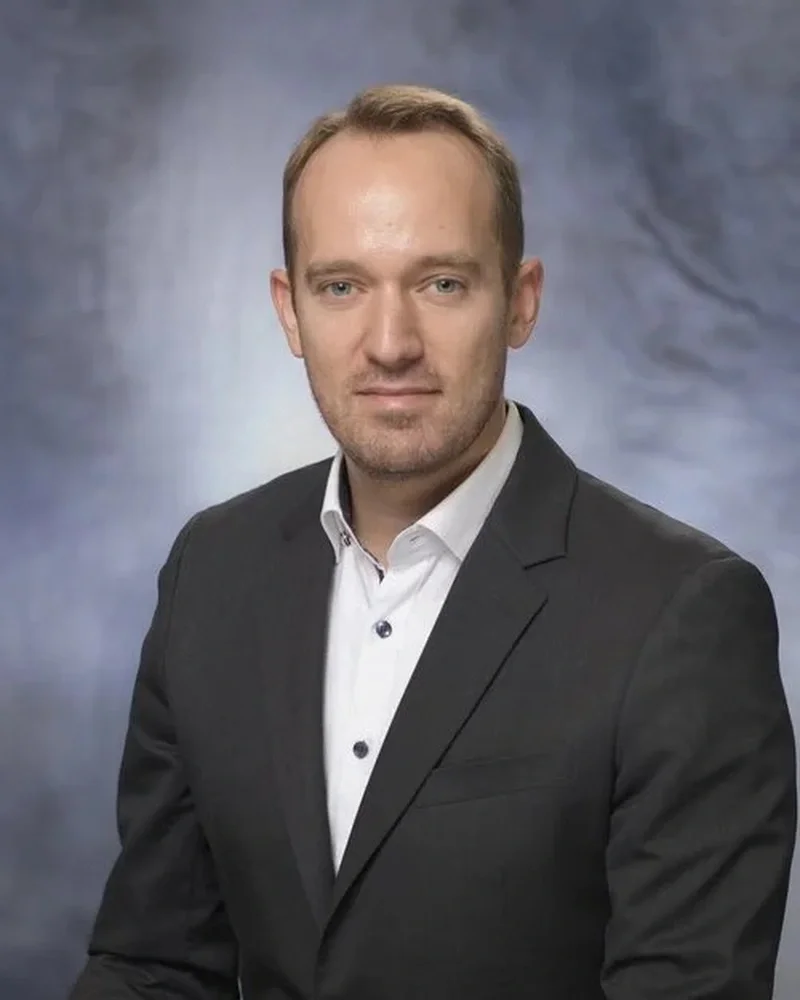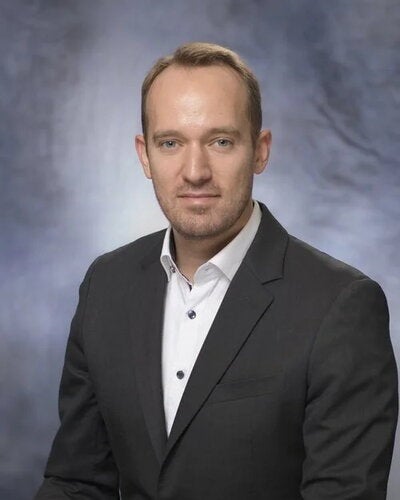

Assistant Professor Felix Leditzky has been awarded a 5-year Grant from the National Science Foundation (NSF) through their Faculty Early Career Development (CAREER) Program. Through this award, NSF has recognized Leditzky as an early-career faculty member with a strong potential to be a role model and leader within mathematics research and education.
This grand will fund Leditzky’s project, “Symmetries in noisy multipartite quantum systems”. Quantum communication and computing rely on understanding the mechanics of multipartite entanglement. Due to the presence of environmental noise and the complexity of large quantum systems, it is difficult to construct a precise mathematical characterization of this phenomenon. Leditzky aims to utilize symmetries to reduce the complexity of describing these quantum systems, and to understand how they behave under the influence of environmental noise.
Environmental noise has been a present issue with existing technology such as radio waves and satellite communication. Leditzky is utilizing techniques based on similar error-correcting methods to develop tools to protect quantum information from decoherence and to discover the limits of such tools.
Beginning in October 2025, this grant will fund research assistant positions for graduate students, work-related travel, and a broader impact initiative with local community colleges. Research in this field requires advanced linear algebra which is often not taught in standard linear algebra courses. As part of this project, Leditzky will work with graduate students to provide a crash course in linear algebra with the intention of working in quantum theory. This crash course will be recorded and publicly available for free, helping to lower barriers for students wishing to participate in quantum studies.
The University of Illinois at Urbana-Champaign has been an active proponent of quantum research with the interdisciplinary Illinois Quantum Information Science and Technology Center (IQUIST) which brings together faculty from several departments including mathematics, physics, engineering, computer science, and material science. This grant will provide opportunities for students interested in quantum theory and help ensure the university’s continued progress in the field.